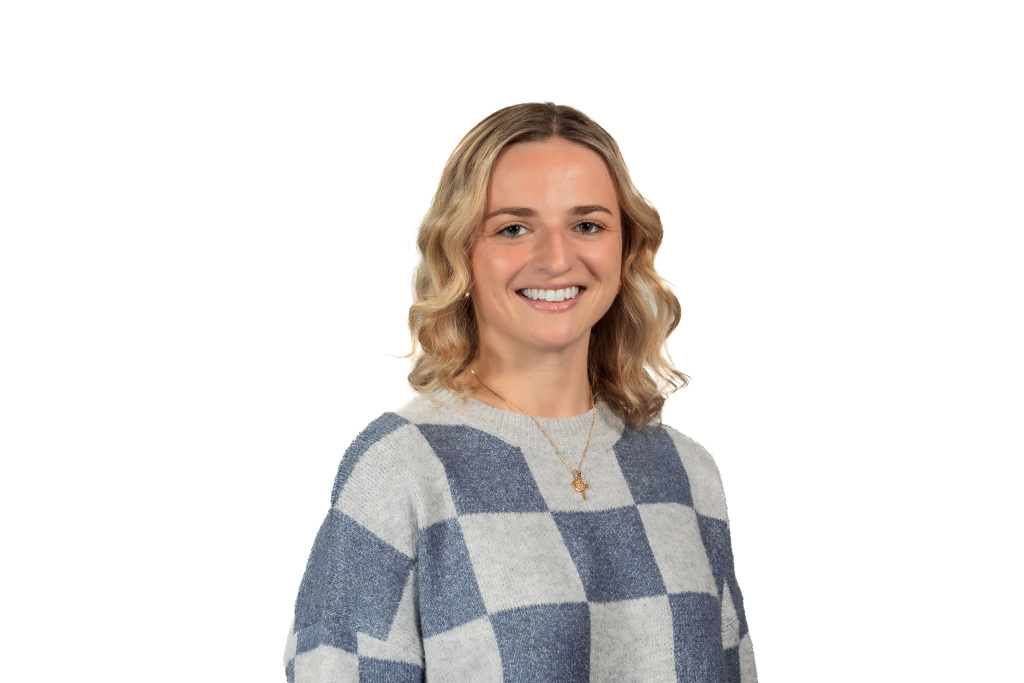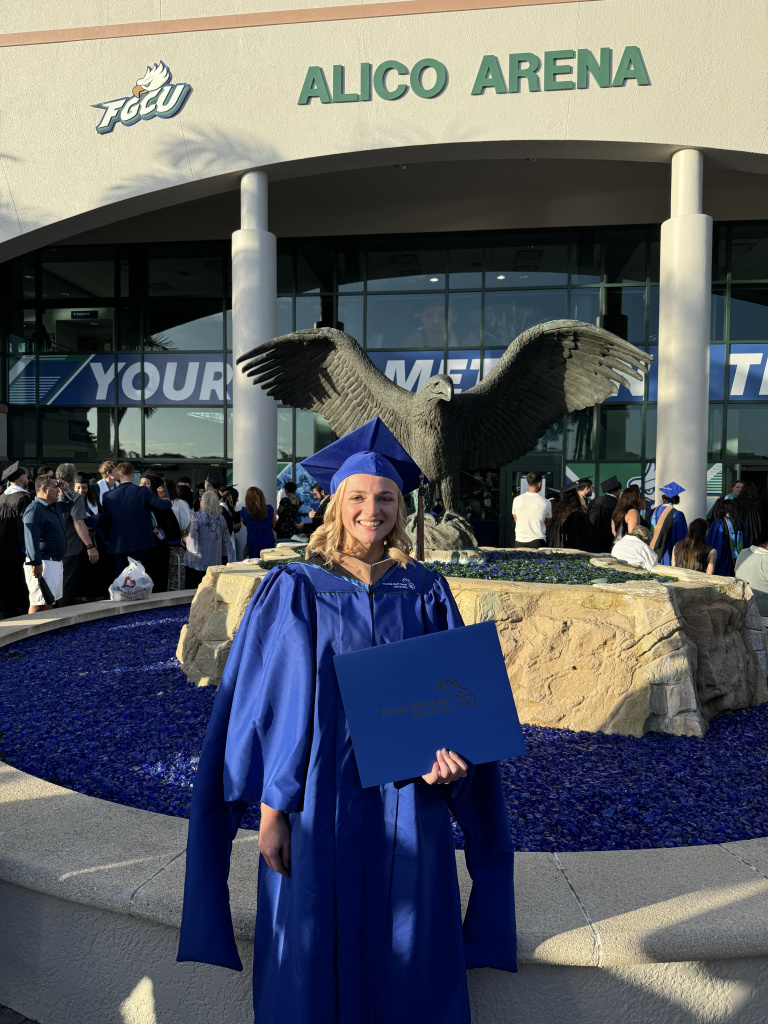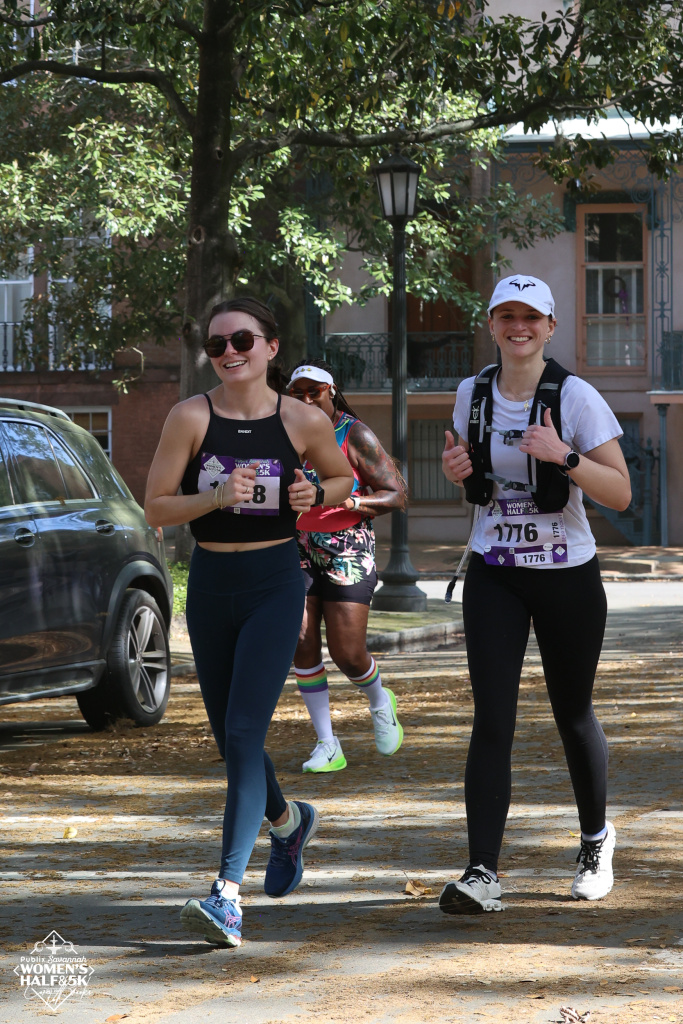30Under30 Honouree: Madelaine Rennardson

Great to hear from Global 30 Under 30 Honouree, Madelaine Rennardson, who is the Global Intelligence Coordinator at the International Fresh Produce Association (IFPA). She transforms complex global consumer data into actionable insights for the fresh produce and floral industries. She leads research initiatives, analyses consumer trends and produces intelligence reports that guide strategic planning for IFPA members worldwide.

How did you get into the industry and reach this point?
I’ve always had a passion for research and backing up my ideas with solid data points, but I didn’t realise I could make a career out of it until I was a senior in college during a data driven decision making course. My professor created assignments that were based off of real world companies and situations. I realised I could have a future in this field. With my background in resource economics, marketing and management, I found an internship at the IFPA that focused on research and analytics. I got hired through the internship to the Global Insights team and now I work at the same company but in the Global Intelligence department.


Why should someone consider a career in market research, data and insights?
I think people who like seeing information being turned into action should consider a career in market research, data and insights. Being in this industry, we are the voice of the consumer for our organisations. We help shape business decisions, reduce uncertainty and provide data backed evidence for why choices should or should not be made. It’s a career where you are constantly building your skill set and do something different with every project. In the industry I am in, being part of a fresh produce and floral trade association, I work on many different projects, from understanding what motivates consumers to eat fresh produce to our annual brand tracker to understand how our industry is viewing us.

Career paths are rarely without challenges. Can you share a moment from your career when things didn’t go to plan, but the lessons learned remain with you to this day?
Early on in my career a challenge I faced was when I was presenting the finding of a major research project I had conducted. During the presentation, instead of there being a focus on the insights and business implications, most of the discussion was focused on the technical details of the survey instrument. It was a very valuable lesson to me about how to communicate findings and frame presentations. Even the strongest results can lose impact if you aren’t framing the story around what matters most to the audience. After this presentation I always share the “why it matters” and business implications and, instead of going into actual survey results, I keep the how we did it and results tables in an appendix. This experience taught me the importance of storytelling when presenting results.

What two things should junior researchers focus on as they progress in their careers?
I would suggest junior researchers focus on their curiosity and communication.
Curiosity is key. It is what fuels research. It helps researchers look beyond the data and understand people’s motivations and behaviours.
Communication for researchers is incredibly important. It’s how you share the insights. Even the best insights can lose value if they aren’t being clearly shared. Being able to translate complex findings into simple, digestible stories that will resonate with different audiences is what helps turn a good researcher into a strategic partner.

Do you have any advice for our sector?
My advice for our sector is to be bolder and braver. We have access to more data and insights than ever before, and we have the opportunity to really drive meaningful change. In the world we live in today, we need to challenge assumptions and elevate human voices.

Is there anyone who has helped or supported you in your career who you’d like to acknowledge or thank?
I’d like to thank Gina Jones for her guidance and support throughout my career. The trust she has entrusted in me has encouraged me to grow and take on new challenges.
